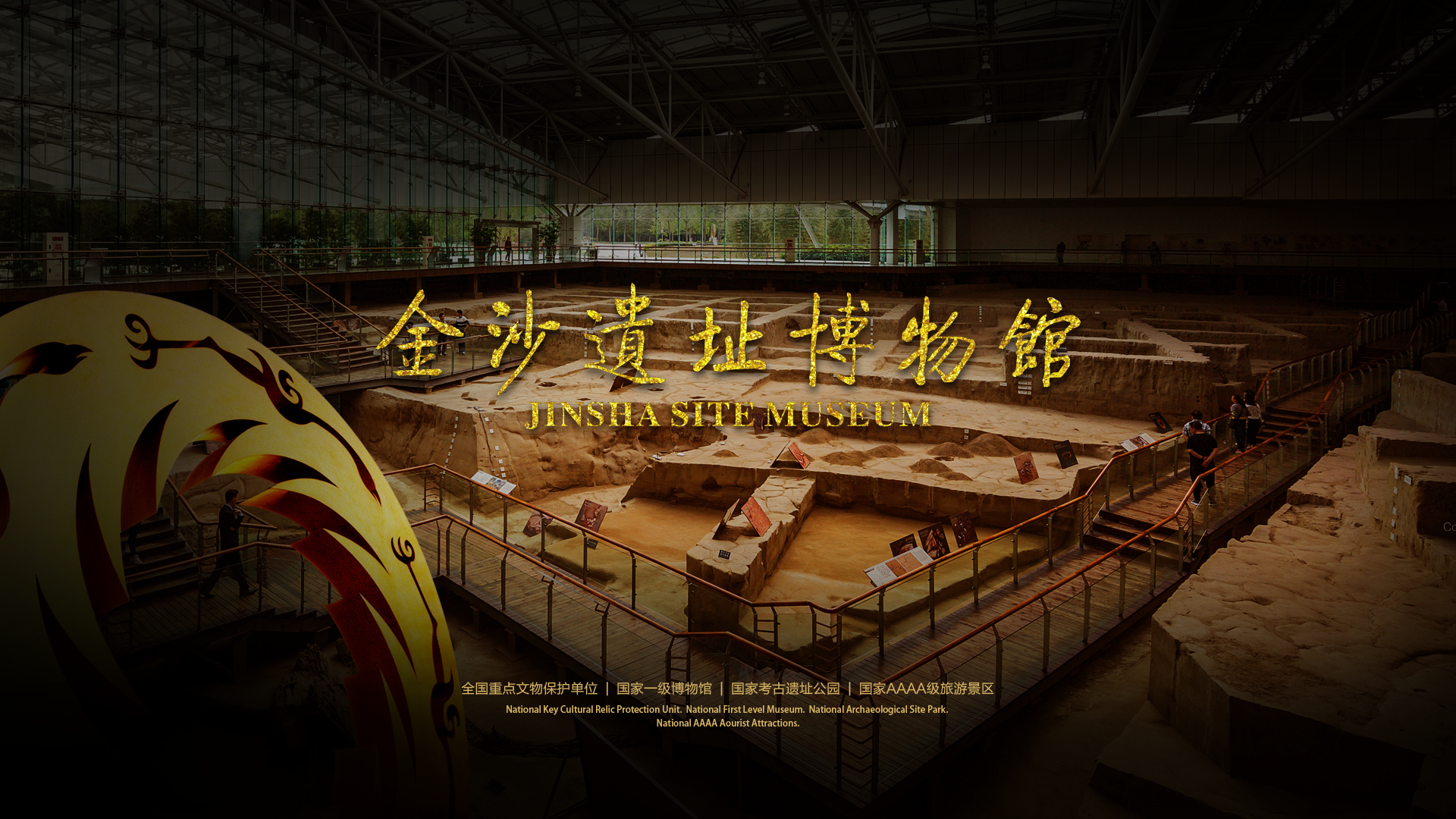Classical Munich Melody Played in Jinsha
Release Time: 2017-11-01
On the night of Oct. 18, the 10th anniversary of Consulate General of Germany in Chengdu, in Jinsha, the origin of Chengdu civilization, 4 musicians from Munich Philharmonic, Germany presented the citizens a “Night of Jinsha—Quartet Concert” to make the night more charming with classical music.

Munich Philharmonic, one of the oldest symphony orchestras in Germany, was founded in 1893. It is regarded as the most authentic explainer of German and Austrian works, and one of the most authentic classical symphony orchestras in Germany. With experience of a century, the Orchestra once cultivated many key composers and commanders, including Gustav Mahler, Felix Weingartner, Rudolf Kempe, Sergiu Celibidache, James Levine and Christian Thielemann. The chief commander Lorin Maazel from 2012 to 2013 was once reputed as a Prodigy of Commanding. The first show of Mahler's Fourth and Eight Symphonies were assigned to the troupe, so was the world first show of Earthsongs. In spite of close cooperation and magnificent sound, the Orchestra was good at expressing the spirits and features belonging to the romantic music of Germany and Austria.

The 4 musicians at Jinsha included the first violinist and concertmeister Krstic Sreten, the second violist Zhou Qi, a native of Sichuan, the vice chief cellist HAACK, Stephan Gerhard Otto and the viola SELLHEIM,Konstantin Alexander.
In addition to the world renowned players, the songs were also classic, oft-quoted and widely loved, including the Slow Movement for string quartet by Anton von Webern, an Austrian composer recognized as the representative of the new Vienna school; the other one was the Emperor (a quartet) – one of the most classical string quartets in the history-by Haydn, the founder of Viennese Classical School and the father of symphony, the second chapter of which was quite popular in Germany now.

In the mysterious Jinsha Theater, melodies flowed and all audiences were indulged. One hour seemed short but lasted long. As the famous commander Ozawa Seiji said: “Music is a language without boundary”. Audiences exchanged with players through music while the two cultures collided.
From the “Night of Jinsha?Sino-Korea Young Dancers’ Exchange & Shows” with beautiful postures and high skills to the “Night of Jinsha?American Country Music Concert” about nature and life and the “Night of Jinsha?Quartet Concert” by Munich Philharmonic, the well reputation was carried forward and the citizens were offered the chance to have an experience of high-quality public shows.






